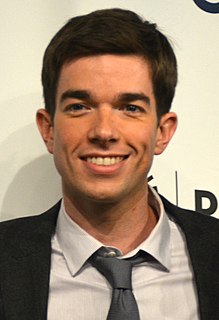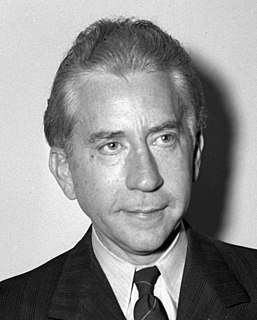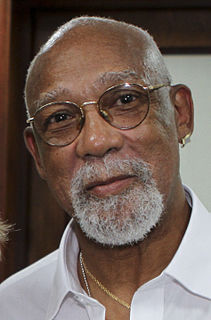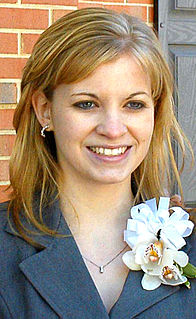A Quote by B. C. Forbes
Which is more worthwhile earning: a large fortune or the esteem and gratitude of the nation? This question is prompted anew by the death of ex-Secretary of the Interior [Franklin K.] Lane. He remained in public service, doing most noble work, until his means became absolutely exhausted, and he died before having had the opportunity to reaccumulate any bank account.... He died leaving no estate whatsoever. Is what he did leave more to be desired, more to be coveted, than a fortune reaching into six or seven figures?
Quote Topics
Absolutely
Account
Anew
Any
Bank
Bank Account
Became
Before
Death
Desired
Did
Died
Doing
Earning
Estate
Esteem
Exhausted
Figures
Fortune
Franklin
Gratitude
Had
Having
His
Interior
Lane
Large
Leave
Leaving
Means
More
Most
Nation
Noble
Opportunity
Public
Public Service
Question
Reaching
Remained
Secretary
Service
Seven
Six
Than
Until
Whatsoever
Which
Work
Worthwhile
Related Quotes
A man who has cured himself of all ridiculous prepossessions, and is fully, sincerely, and steadily convinced, from experience as well as philosophy, that the difference of fortune makes less difference in happiness than is vulgarly imagined; such a one does not measure out degrees of esteem according to the rent-rolls of his acquaintance. ... his internal sentiments are more regulated by the personal characters of men, than by the accidental and capricious favors of fortune.
Remember us in your prayers that we grow not weary in well doing. It is hard to work for years with pure motives, and all the time be looked upon by most of those to whom our lives are devoted as having some sinister object in view. Disinterested labor - benevolence - is so out of their line of thought, that many look upon us as having some ulterior object in view; but He who died for us, and Whom we ought to copy, did more for us than we can do for any one else. He endured the contradiction of sinners. We should have grace to follow in His steps.
Therefore, doing the Stations of the Cross was still more laborious than consoling, and required a sacrifice. It was much the same with all my devotions. They did not come easily or spontaneously, and they very seldom brought with them any strong sensible satisfaction. Nevertheless the work of performing them ended in a profound and fortifying peace: a peace that was scarcely perceptible, but which deepened and which, as my passions subsided, became more and more real, more and more sure, and finally stayed with me permanently.
My writing became more and more minimalist. In the end, I couldn't write at all. For seven or eight years, I hardly wrote. But then I had a revelation. What if I did the opposite? What if, when a sentence or a scene was bad, I expanded it, and poured in more and more? After I started to do that, I became free in my writing.

































